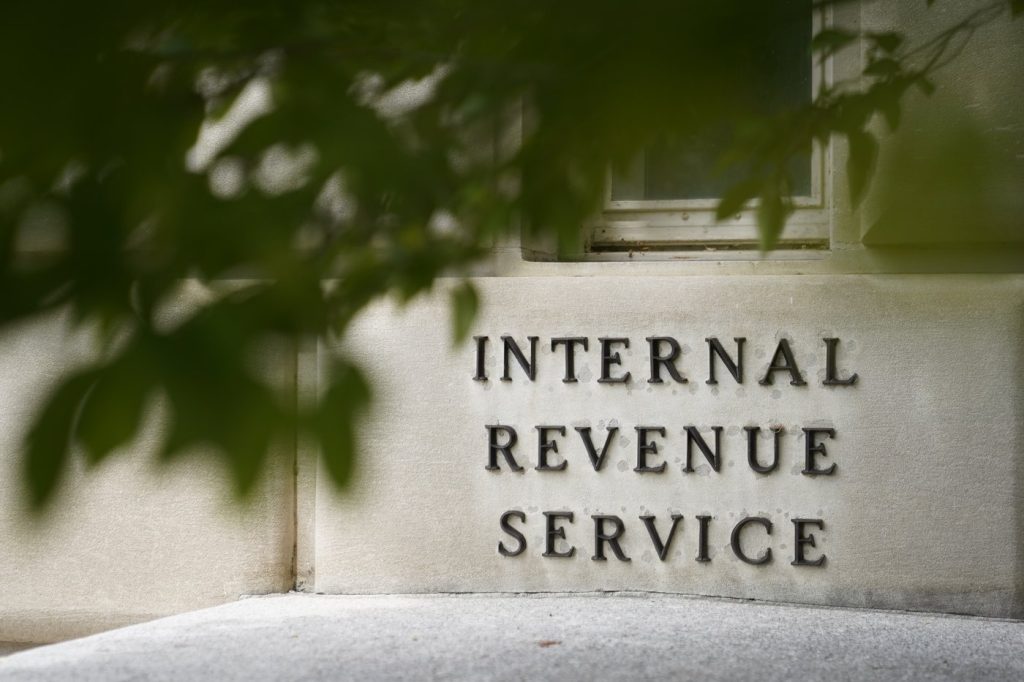In a significant shift within the Internal Revenue Service (IRS), acting chief counsel William Paul has been removed from his position and replaced by Andrew De Mello. The decision is linked to the growing influence of Elon Musk's Department of Government Efficiency, as indicated by two anonymous sources familiar with the matter who were not authorized to speak publicly.
William Paul’s demotion stems from his clashes with the Department of Government Efficiency's intentions to share tax information across multiple government agencies. This leadership change coincides with the IRS's plans to drastically reduce its workforce, signaling troubling times ahead for federal employment.
The IRS is currently drafting plans to cut its workforce by as much as half through a combination of layoffs, attrition, and incentivized buyouts. This substantial reduction aligns with former President Donald Trump's broader initiative to streamline the federal workforce. Reports indicate that many agencies are being closed, and nearly all probationary employees—those without civil service protection—are facing layoffs, alongside the implementation of a “deferred resignation program” aimed at encouraging long-term employees to accept buyouts.
In February alone, approximately 7,000 probationary IRS employees with about one year or less of service were laid off. The cuts come as the IRS struggles to meet evolving demands while adapting to new governmental policies.
William Paul, who had been appointed acting chief counsel in January 2023, took over from Marjorie A. Rollinson and had been with the IRS in various roles since the late 1980s. His dismissal is part of a broader trend in which government officials who raise concerns regarding access to sensitive taxpayer information face repercussions such as demotion or resignation.
Reportedly, a wave of retirements, resignations, and demotions has swept through the Treasury Department, the Social Security Administration, and other government sectors as officials express worries regarding the Department of Government Efficiency's access to taxpayer data. For instance, Michelle King, the acting commissioner of the Social Security Administration, stepped down after three decades of service in February, reportedly due to her refusal to provide the Department access to sensitive Social Security recipient information.
Chye-Ching Huang, the executive director of the Tax Law Center at New York University School of Law, remarked on the implications of these actions, stating that the officials who prioritize the law over their job security echo a historical pattern seen during previous administrations, including that of President Nixon. These public servants demonstrate a commitment to resisting unlawful efforts to weaponize taxpayer data for political ends.
This evolving situation within the IRS not only reflects the broader changes occurring within the federal government but also raises pressing questions about the implications for taxpayer privacy and the integrity of federal institutions.











